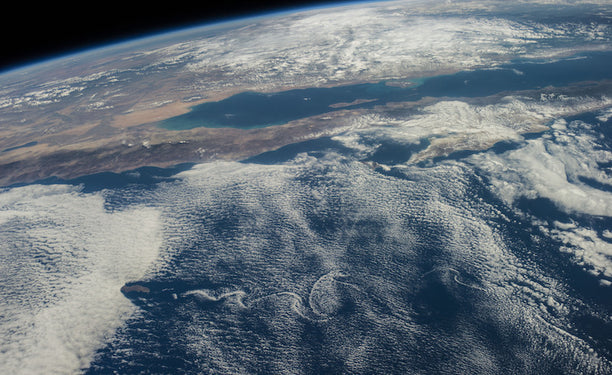
Climate Justice and the Emergence of Planetary Sovereignty
Can we conceive of revolutions in the name of climate justice, and if so, what do they look like?

Can we conceive of revolutions in the name of climate justice, and if so, what do they look like?
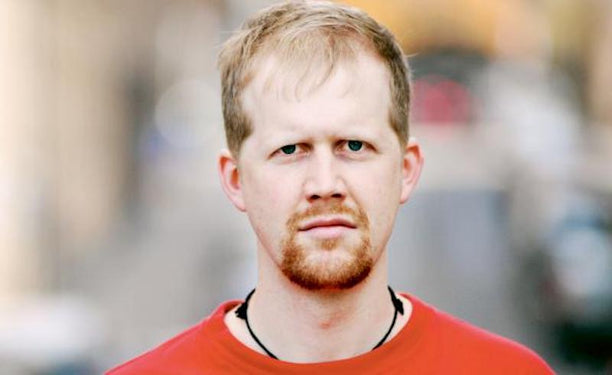
In an interview, Andreas Malm describes how he came to study ecology and considers the prospects for the climate movement.

2017 demonstrated that climate chaos is happening here and now rather than in some distant future.
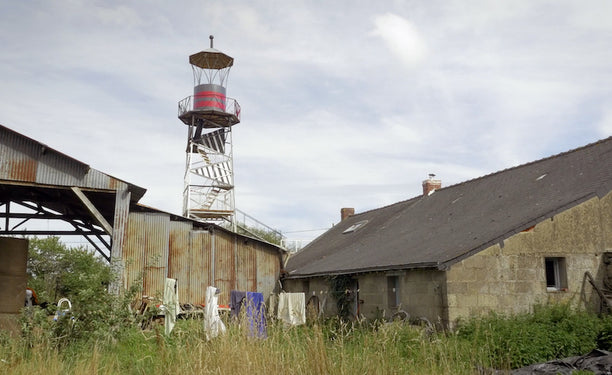
A documentary video on the ZAD by artist Oliver Ressler.
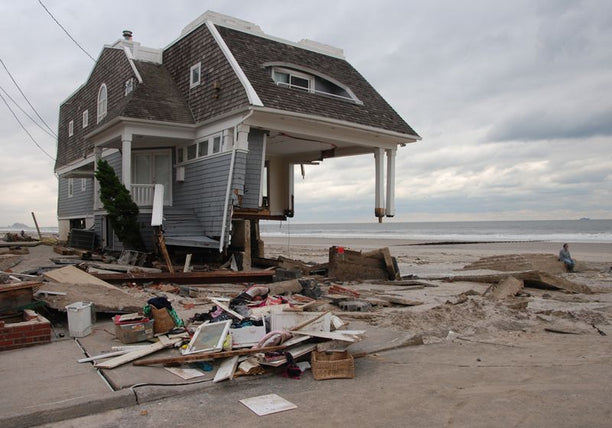
In the wake of Hurricane Sandy, New York grassroots groups charted an inspiring alternative to disaster capitalism.
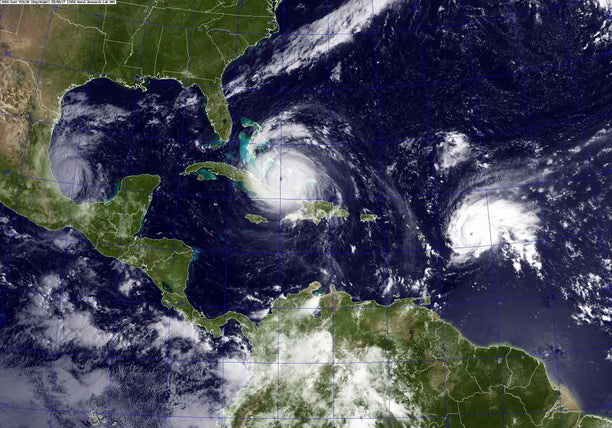
Official assessments radically underestimate the magnitude of warming experienced by city dwellers today. To live in a large city today is to be on the edge of the most rapidly changing environmental conditions ever experienced by humans.
On the five-year anniversary of Hurricane Sandy, Ashley Dawson provides a select list of books and resources for assessing the history and future of cities facing climate change.
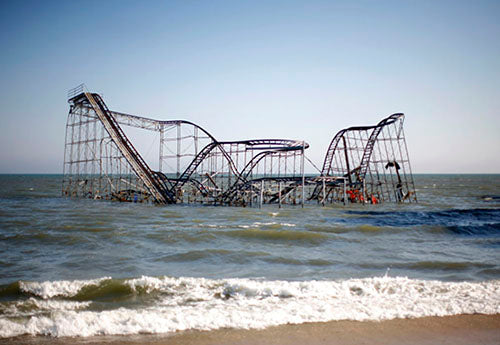
On the five-year anniversary of Hurricane Sandy, Extreme Cities looks at how climate change is affecting global cities and how to support urban movements already fighting to remake our cities in a more just and equitable way.
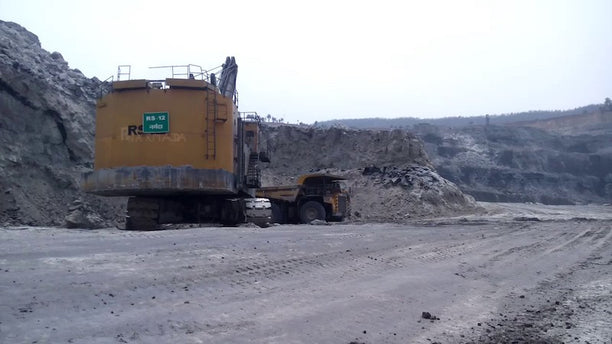
Outside of hard climate science, history should be the preeminent field for the study of global warming.
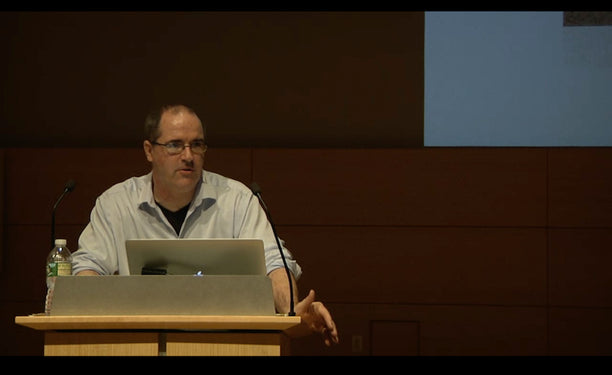
Jason Moore on the origins of the twenty-first century's "distinct, but mutually formative" crises of capitalism and ecology.
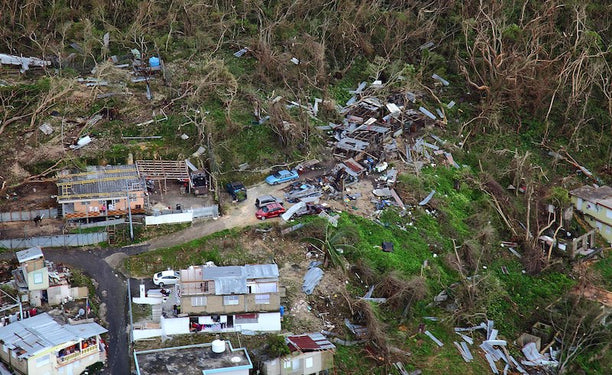
The Trump administration's delay in sending real aid to Puerto Rico after Hurricane Maria is a distasteful display of colonialist racism. But it's par for the course: our citizenship has always been second-class.
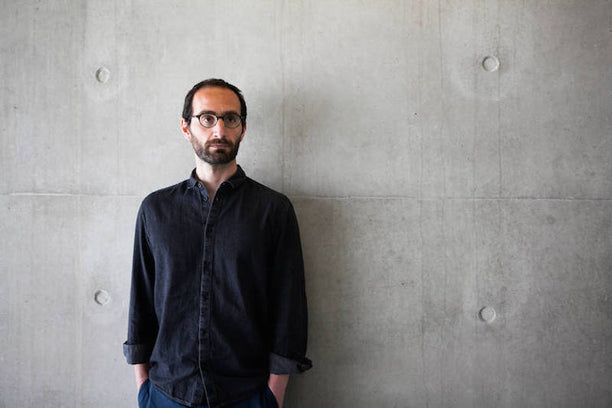
Keucheyan discusses environmental inequality, the past and present of the workers' movement, populism, and the relationship between strategy and theory.